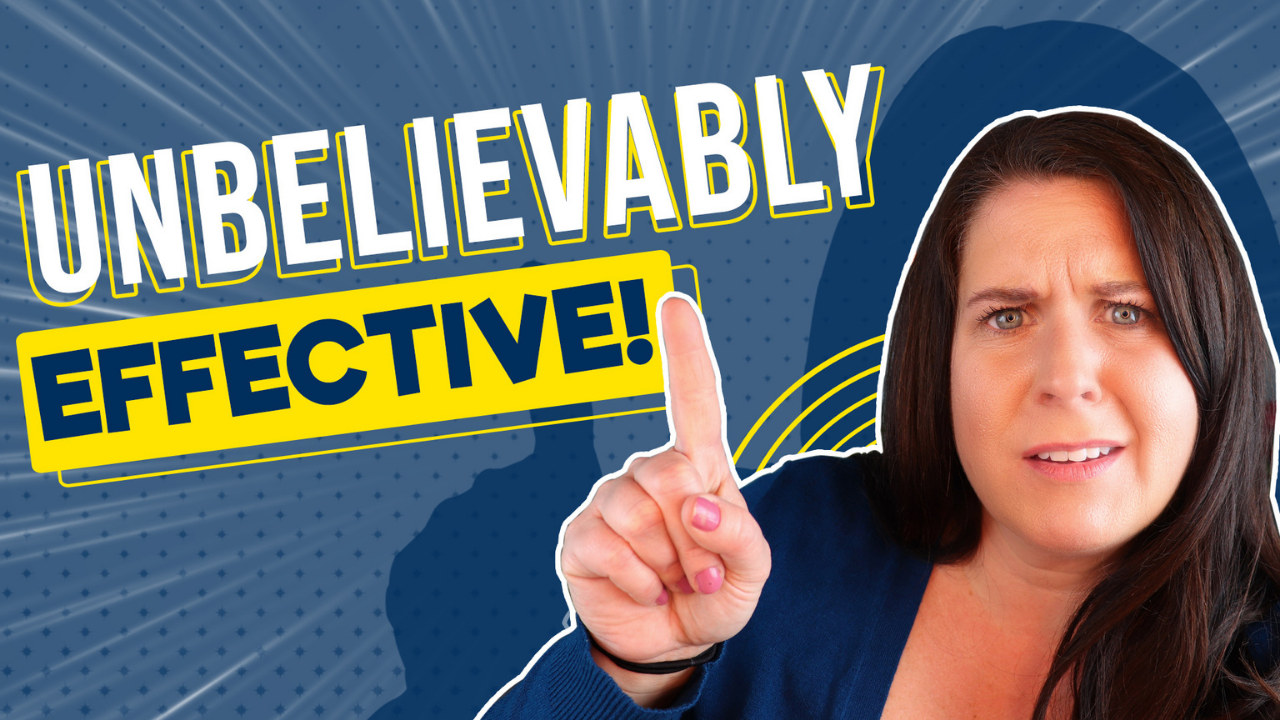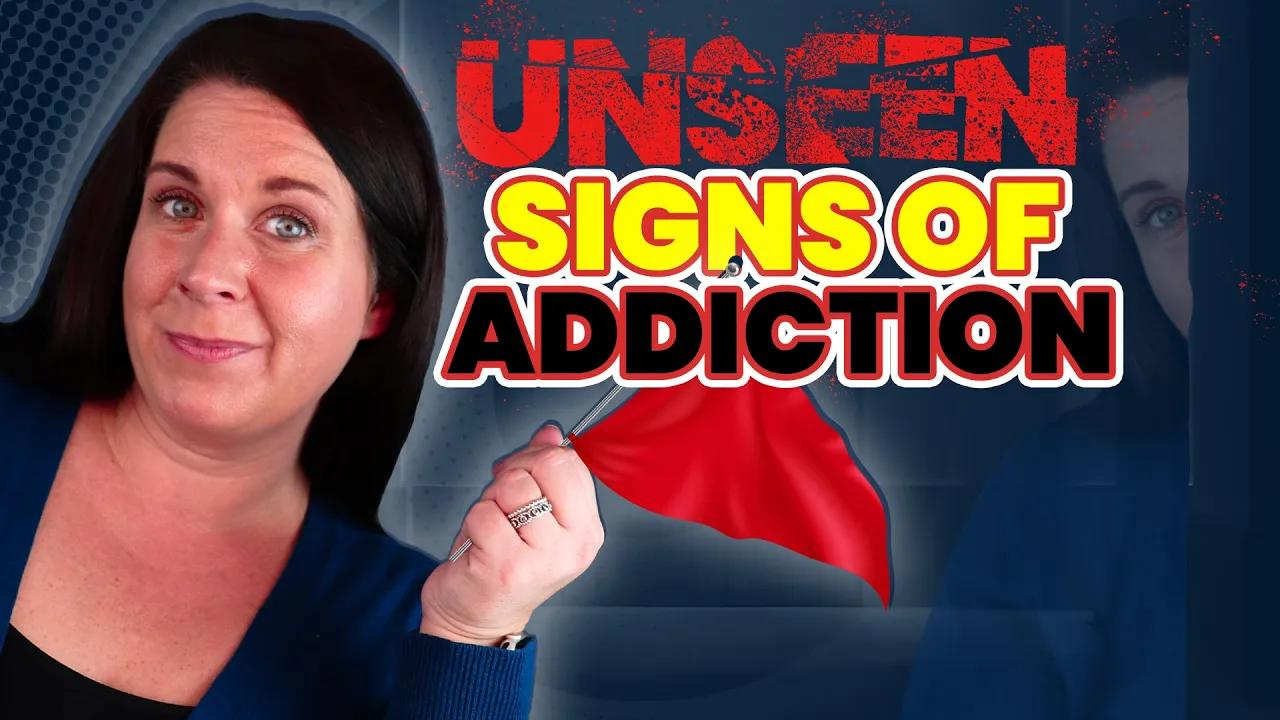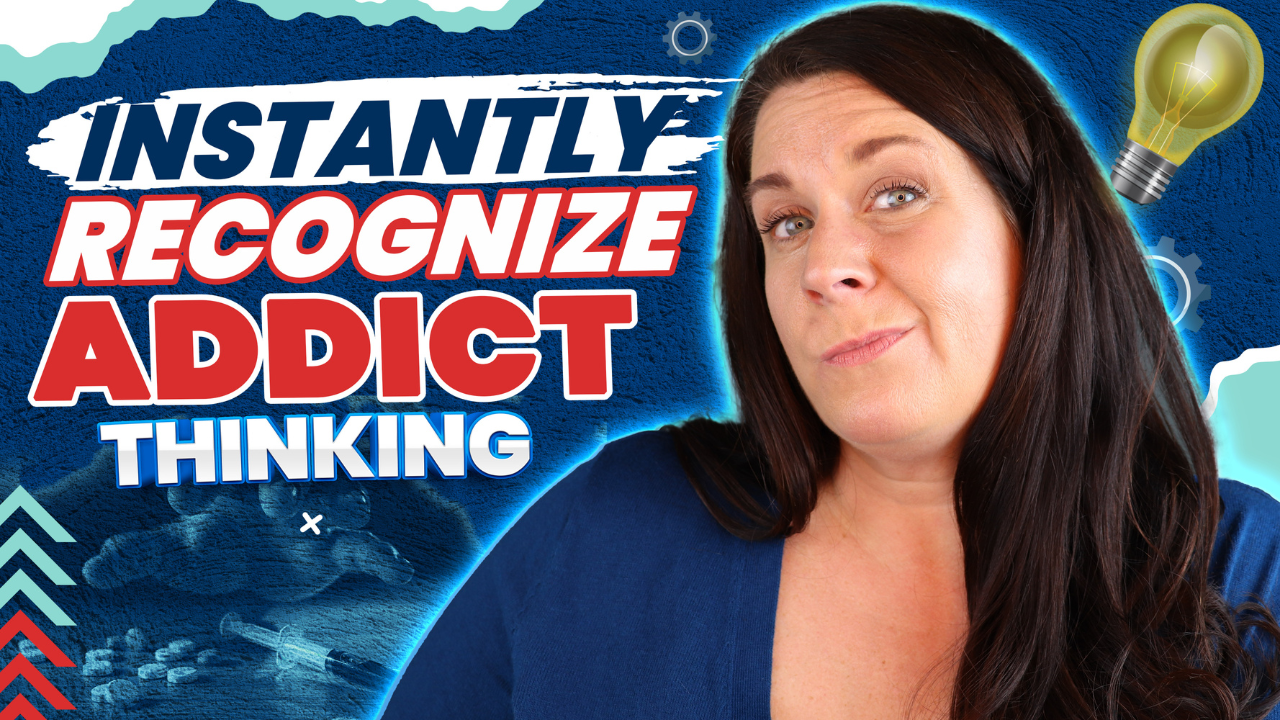Getting Past Alcoholic Defense Mechanisms
How to Break Through Defensiveness: Proven Techniques for Overcoming Resistance in Conversations
Breaking through defensiveness can feel like an uphill battle, especially when you’re trying to address sensitive topics like addiction or personal growth. Whether you're speaking to a loved one or even confronting your own resistance, understanding how to navigate these interactions is key to making progress. In this post, I’m sharing my top strategies for reducing defensiveness, honed over 20+ years as a Master Addiction Counselor.
Why Defensiveness Happens
Defensiveness often happens when someone feels criticized, judged, or pushed into a corner. Even well-intentioned conversations can trigger this response. If you’ve ever brought up a concern only to be met with excuses, counterarguments, or blame-shifting, you’ve experienced the roadblocks defensiveness creates.
The good news? With the right approach, you can disarm defensiveness and foster meaningful, open dialogue.
The #1 Te...
Unhealthy Thoughts To AVOID When Your Loved One Is Quitting Alcohol
Unlocking Influence: Overcoming Self-Sabotaging Thoughts in Addiction Support
As many of you know, I always encourage being smart and strategic when interacting with your addicted loved one. Making wise choices in your interactions can significantly influence the situation, even if you can't control it.
By now, if you've been watching this channel for a while, you probably agree with that approach. You watch the AMRE videos, you practice the techniques, but sometimes, despite your best efforts, things go sideways. It's human nature—emotions take over, and you might have a meltdown or say things you regret. It's okay; it happens to all of us.
Often, what leads to these moments are self-sabotaging thoughts. These internal narratives and conversations can stir us up, causing us to lose our way. Even those of you in our Invisible Intervention course, where you learn communication skills and track your progress, can hit these mental roadblocks.
Recognizing and dismissing these thought...
Are You Living With An Alcoholic Narcissist?
The Double Whammy: Dealing with an Addicted Narcissist
If you've stumbled upon this blog post, chances are you might have caught wind of my recent YouTube video discussing the tumultuous world of dealing with an addicted narcissist. Yep, you heard it right. It's like the perfect storm of personality traits that can make life feel like a rollercoaster ride through a hurricane.
Now, if you're new, let me introduce myself. I'm Amber Hollingsworth, a seasoned Master Addiction Counselor with over two decades of experience helping people struggling with addiction and their families navigate the treacherous waters of addiction. Buckle up, because today, we're diving deep into the murky waters where narcissism and addiction collide.
So, what's the deal with narcissism, you ask? Well, it's been a hot topic lately, and for good reason. Narcissistic abuse is no joke, and distinguishing whether you're dealing with a garden-variety addict or a full-blown narcissist (or perhaps both) can feel l...
How Loving An Alcoholic Can Change You And Your Relationship
Losing Yourself: The Descent into Desperation When Living with Addiction
Have you ever looked in the mirror and felt like a stranger stared back at you? Maybe it wasn't immediate, but over time, living with someone battling addiction can make you feel like you're disappearing, piece by piece. In this blog post, we'll delve into the journey of losing yourself amidst the chaos of addiction, exploring the hidden toll it takes on your emotional and psychological well-being.
Co-Regulation: The Unseen Influence
The journey into the abyss of self-loss often begins subtly. Co-regulation, a term that might sound new to some, describes how our emotional states synchronize with those around us. When living with someone struggling with addiction, whose emotional rollercoaster knows no bounds, your own emotions become entangled in their turmoil. It's a magnetic force, beyond your control, as your limbic brain dances to the chaotic rhythm of theirs.
The Onslaught of Self-Doubt
As the addictio...
3 Subtle Signs Of Addiction You May Not See
Recognizing the Early Signs of Addiction: Sheila's Story
Introduction: Addiction is a silent and insidious force that can creep into anyone's life, often unnoticed until it's too late. Most people don't realize they're addicted until they reach a point where they desperately want to stop but can't. In this blog post, we will delve into the story of Sheila, a client whose journey through addiction illustrates the importance of recognizing warning signs early on. Sheila's experience serves as a powerful reminder that addiction can affect anyone, regardless of their background or circumstances.
Sheila's Journey:
Sheila, as we'll call her, initially lived a relatively normal life. Like many people, she enjoyed a glass of wine in the evenings to unwind and relax, especially after her three young kids had gone to bed. This practice seemed harmless and even sophisticated, but it was the beginning of her descent into addiction.
The Unforeseen Challenges:
Sheila's life took an unexpected...
Cracking The Code: How to Identify Addict Thinking in Less Than 3 Seconds
Recognizing Addictive Thinking Patterns for Better Decision-Making
We all have moments when we contemplate making choices that may not be in our best interest. These thoughts, especially when they revolve around addictive behaviors, can be destructive. In this blog post, we'll explore how to instantly recognize addictive thinking patterns because once you can identify them, you can start making healthier choices.
Addictive Thinking Patterns
1. **Secretive Thoughts:** One of the clearest signs of addictive thinking is when you find yourself contemplating a thought or behavior that you wouldn't want to share with others, especially a counselor. This secrecy often precedes a bad decision.
2. **Feelings of Deprivation:** When you start feeling deprived and resentful about not being able to engage in certain behaviors that you believe others can, you're on the brink of a relapse. These thoughts are rationalizations, and they can lead you down a dangerous path.
3. **Believing in a Fal...
Does Your Addicted Loved One Feel Bad About The Pain They're Causing?
Before I tell you the circumstances in which they feel bad, I need you to understand why they usually don't feel so bad about it in the earlier stages of addiction. They typically don't feel bad about it because they feel like they deserve it.
The thinking is, "Hey, I work hard; I provide for this family." But, on the other hand, if they're young, they may think, "Everyone does it. I'm a teenager; I'm a college kid; what's the big deal?"
In later stages of addiction, it's not so much that they feel like they deserve it, but the truth is they're in survival mode, meaning they have to, and so the thinking in their mind is, "I have to this, we're in survival mode here. I have to tell a lie. I have to take the money, be dishonest about where I'm going or what I'm doing." So in the later stages of addiction, you constantly try to outrun this monster. Sometimes I describe it as being on a treadmill. For example, if you're addicted to pain pills, you are probably on a four-hour treadmill....
Reprogram Your Subconscious Mind (with Positive Thinking) to Overcome Addiction

The simplest, easiest, and most effective thing that you can do to help yourself or a loved one conquer addiction is to change your expectations. You might be thinking, Amber, that's some woo-woo stuff. I'm going to explain to you exactly why and how that works. How can you use these scientific evidence-based findings to help yourself or a loved one overcome addiction?
I am a big believer in what you expect to happen, will probably happen. I don't believe that because it's some kind of magic wish for and get what you want kind of thinking. There's actual science behind this.
Research about expectations
To understand this concept, we need to go back to 1968. When two researchers, Robert Rosenthal and Lenore Jacobson, ran some studies about expectations.
They wanted to find out if the expectations a teacher has about her students will impact or affect the student's learning ability. They set up this study, and they pulled these kids randomly out of a hat and assigned them to differ...









